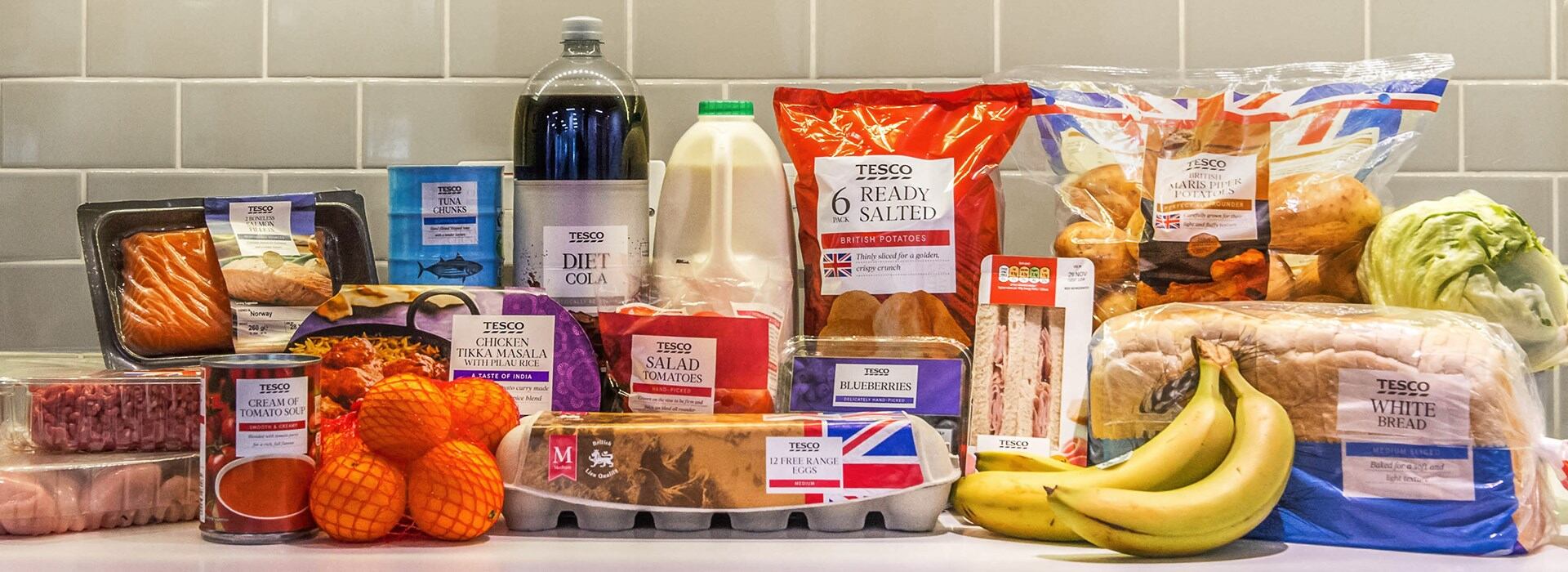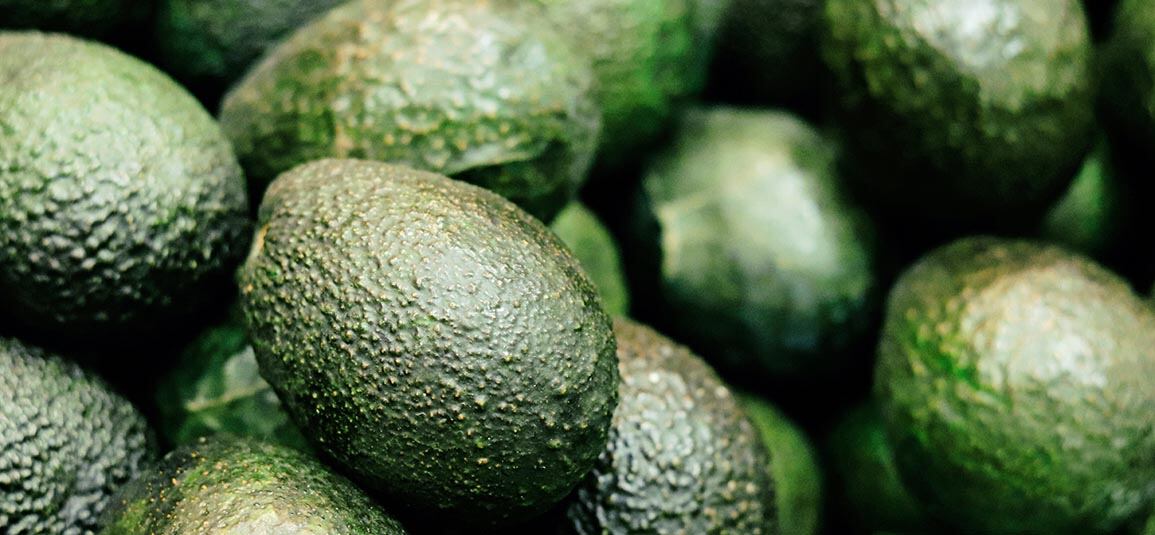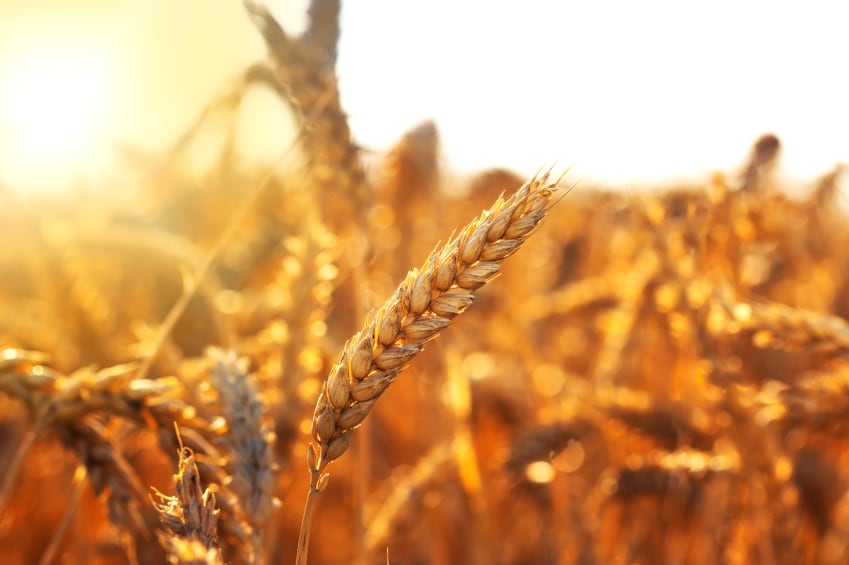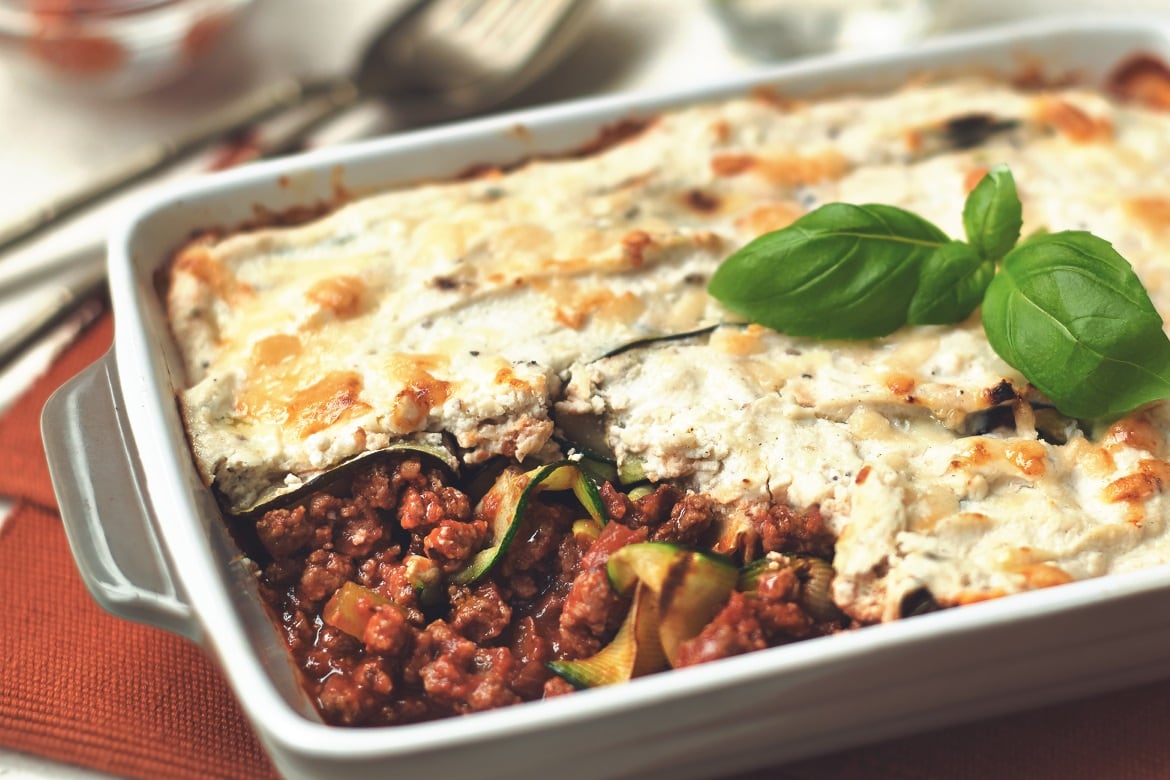UK retailer Sainsbury’s revealed this week that it will invest £1bn over the next twenty years in an effort to become carbon neutral, in line with global ambitions to limit climate change under the Paris Agreement. The company said it will concentrate on reducing carbon emissions, food waste, plastic packaging and water use.
The supermarket made the explicit link between healthy food and sustainable food, insisting it will ‘develop and deliver healthy and sustainable diets for all’.
Highlighting its existing work in this area, Sainsbury’s stressed it was the first UK retailer to introduce traffic light labelling and stop food multibuys. It also claimed to be the ‘first UK supermarket’ to trial selling meat alternative products in meat aisles in 2019 ‘nudging consumers to a healthier and more sustainable lifestyle’.
Mike Coupe, outgoing CEO, said the initiative would ‘transform the way we do business’ and ‘put environmental impact at the forefront of every decision we make’.
Early signs suggest this could extend to ranging and listing decisions. A spokesperson confirmed that the announcement does not relate to scope three emissions – indirect emissions that occur in the company’s value chain. However, the company has sent a letter to all its suppliers urging them to step-up their efforts to become carbon neutral.
Sainsbury’s declined to share the precise content of the letter, but the spokesperson revealed 'it asked them [suppliers] to join Sainsbury’s in setting net zero targets to reduce their emissions in line with the Paris Agreement'.
The company added it will ‘work with suppliers’ to set their own commitments but did not detail what form this engagement will take.
European retailers spear-heading sustainability shift
The news should be viewed in the context of a wider shift that has seen European retailers step up their commitments on sustainability issues such as climate change and plastic pollution.
At the end of last year, Tesco launched an initiative with WWF to map the environmental impact of staple products that it sells, including bread, milk, meat, fish, fruit and veg. The company said this is a ‘first step’ to ‘halving the environmental impact of food’ by 2030.
“Throughout our partnership, we’ll be carrying out industry-leading work to make food production more sustainable, including sourcing commodities like soy and palm oil from verified zero-deforestation areas, and improving soil health and water usage on farms in the UK. Working together we can help to ensure the natural environment is protected for future generations,” CEO Dave Lewis said at the time.

And its not just in the UK. Leading retailers from across continental Europe are placing sustainability initiatives at the heart of their operations.
Carrefour, France’s largest retailer, last week unveiled its so-called ‘food transition pact’, a network of suppliers that are engaged in transforming the food system by offering ‘nutritional and sustainable products at a reasonable price’.
Announcing the pact, Carrefour stressed the need to collaborate across the value chain to advance the sector’s ability to provide food that is healthy, sustainable and affordable. “While we have made progress, we recognize that we cannot face the challenges threatening food systems alone,” the company noted.
The initiative requires suppliers to sign up to ‘concrete actions’ that tackle packaging, biodiversity, transparency, ‘responsible products’ that are healthy and sustainable, and climate-smart food production.
The membership of the platform remains voluntary but Carrefour said it is an opportunity for suppliers to ‘distinguish themselves’ as leaders in sustainable food. Members already include Nestle, Bonduelle, Barilla, PepsiCo and Colgate.
In Germany, Rewe is taking a similar approach to engaging with its supply chain on sustainability topics. The company revealed this month that it was the only food retailer to receive two nominations for the German government’s CSR Award in 2020, including for its efforts in ‘responsible supply chain management’.
These efforts cover a broad cross-section of issues, from reformulation to food waste. Indeed, the group has committed to halving food waste by 2030 and, at the start of this week, it revealed tests of an ‘innovative coating process’ at 860 of its stores to see if it can extend the shelf-life of selected fruits. Rewe is coating avocados with a ‘protective coating’ based on fructose and the company believes this may be able to double the shelf-life to eight days.

Food system transformation ‘increasingly relevant to normal shoppers’
The efforts from retailers reflect the two main forces (alongside price) that are shaping today’s food system: concerns over the health of the planet and people.
As Shore Capital analyst Clive Black reflected: “Sainsbury’s announcement … further confirms our contention of the important fusing of sustainability and well-being, which to us are the most powerful forces of change in the UK food system today.”
Retailers are at the sharp end of consumer sentiment. The changes that they are making reflect the growing importance that consumers place on issues like climate change and the link that they are making between their personal consumption and implications for the environment.
Black suggests that this food system evolution is ‘increasingly relevant to normal shoppers’ and ‘not just the great and the good that waltz around Davos’. And he believes that the shift will ‘embrace all participants in time, as regulation and market practices come through’.
At the same time, he insisted that it is important to reality-check current progress towards a sustainable food system and the ‘hot air’ coming out of corporate communications departments.
“A sense of perspective is necessary in determining the current magnitude of each moving part. For example, the actual participation of, say, vegan prepared food in the UK is still small, despite strong growth, much noise and a low base. Additionally, further consideration is needed around some of these moving parts involving the ethics of food production and their contribution to a healthy diet and planet. Much more hot air to follow we think.”




